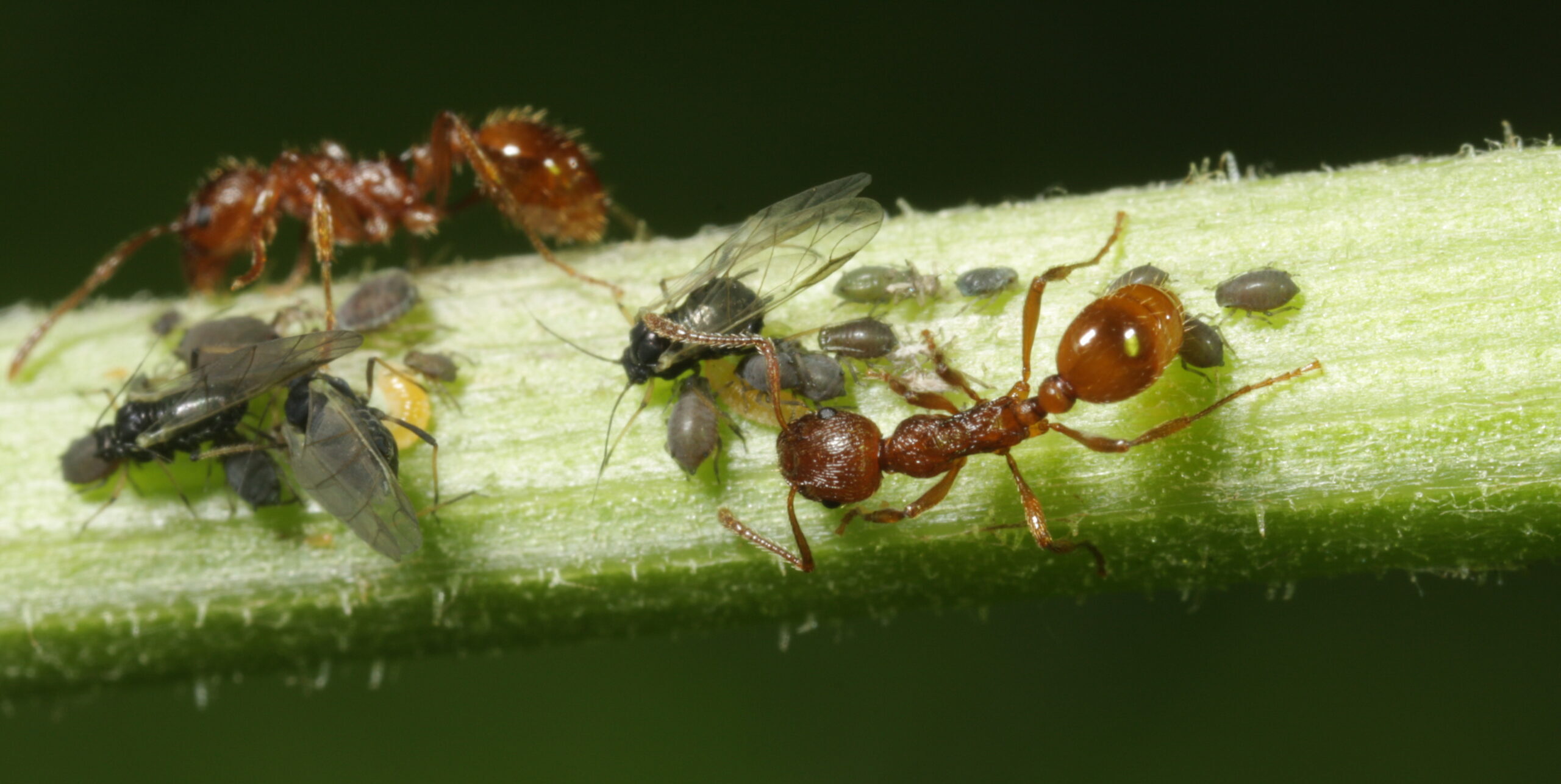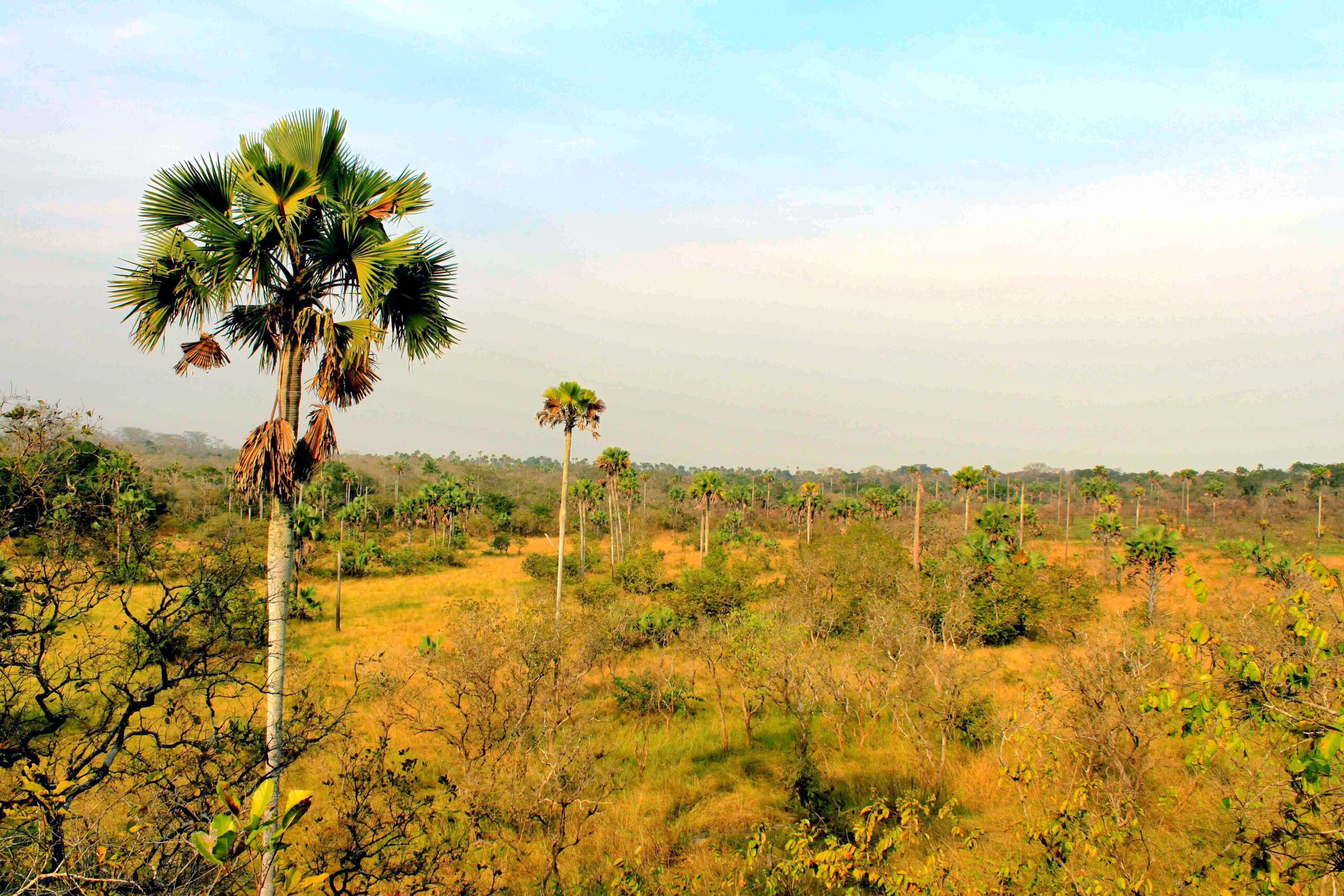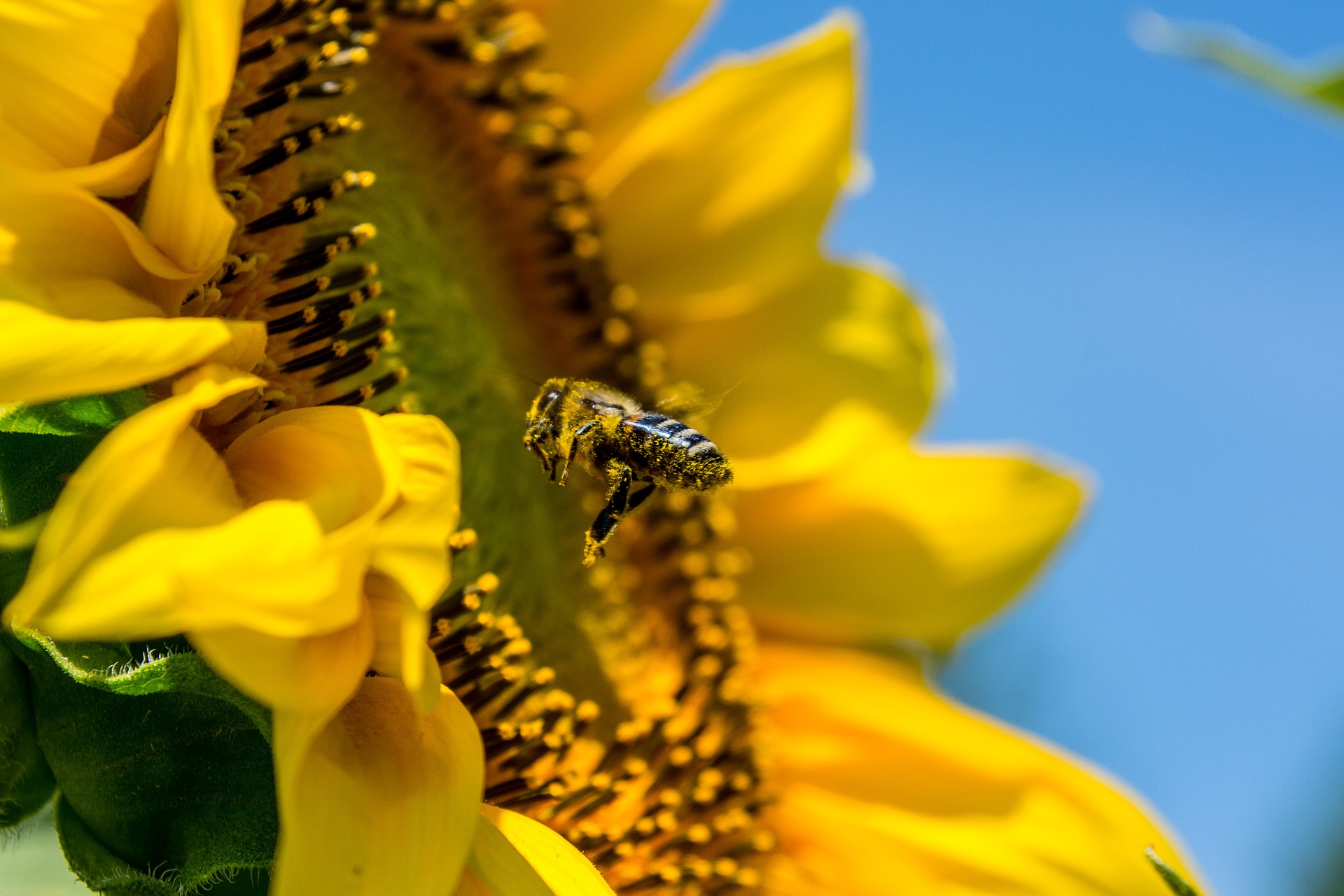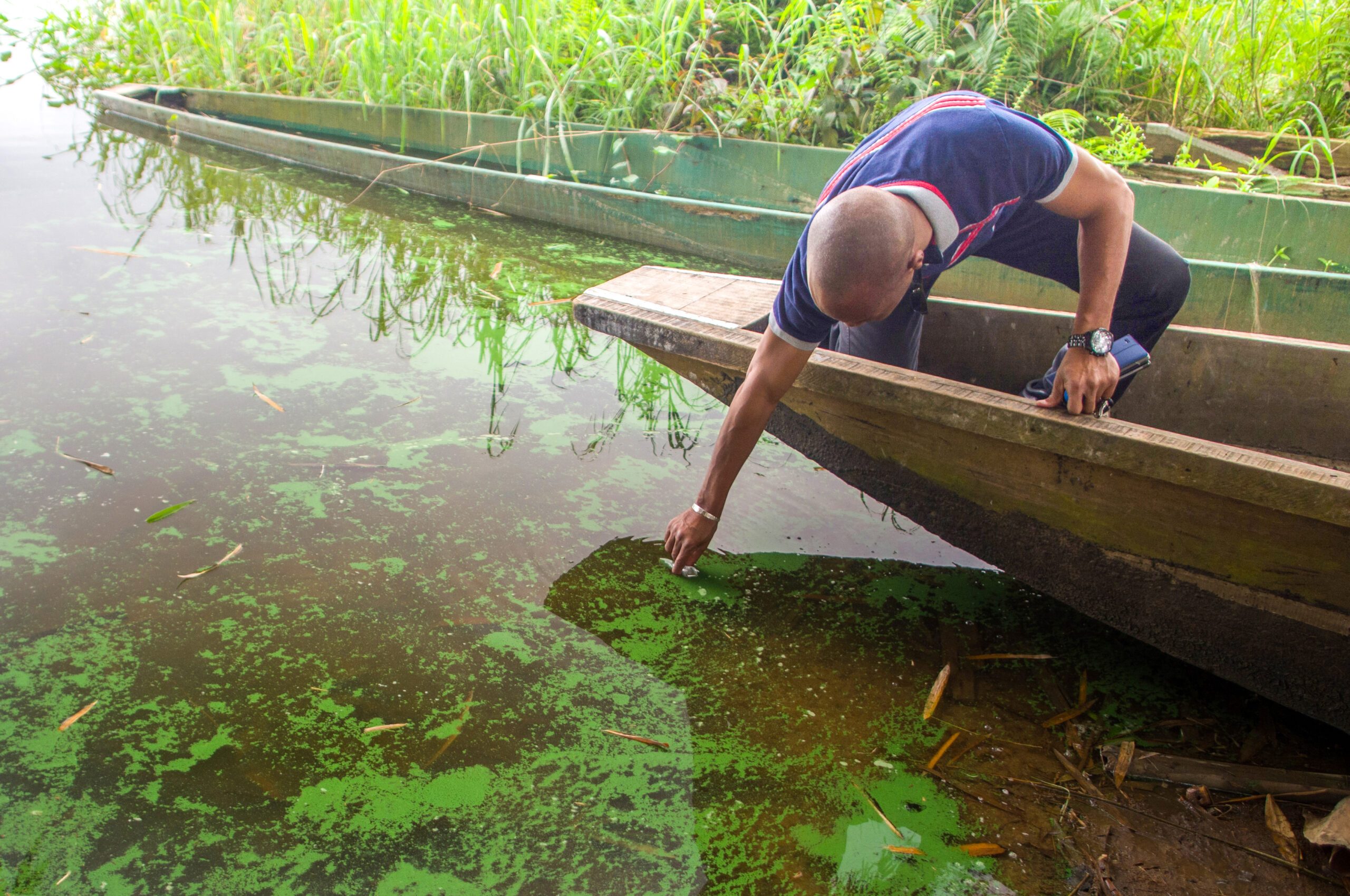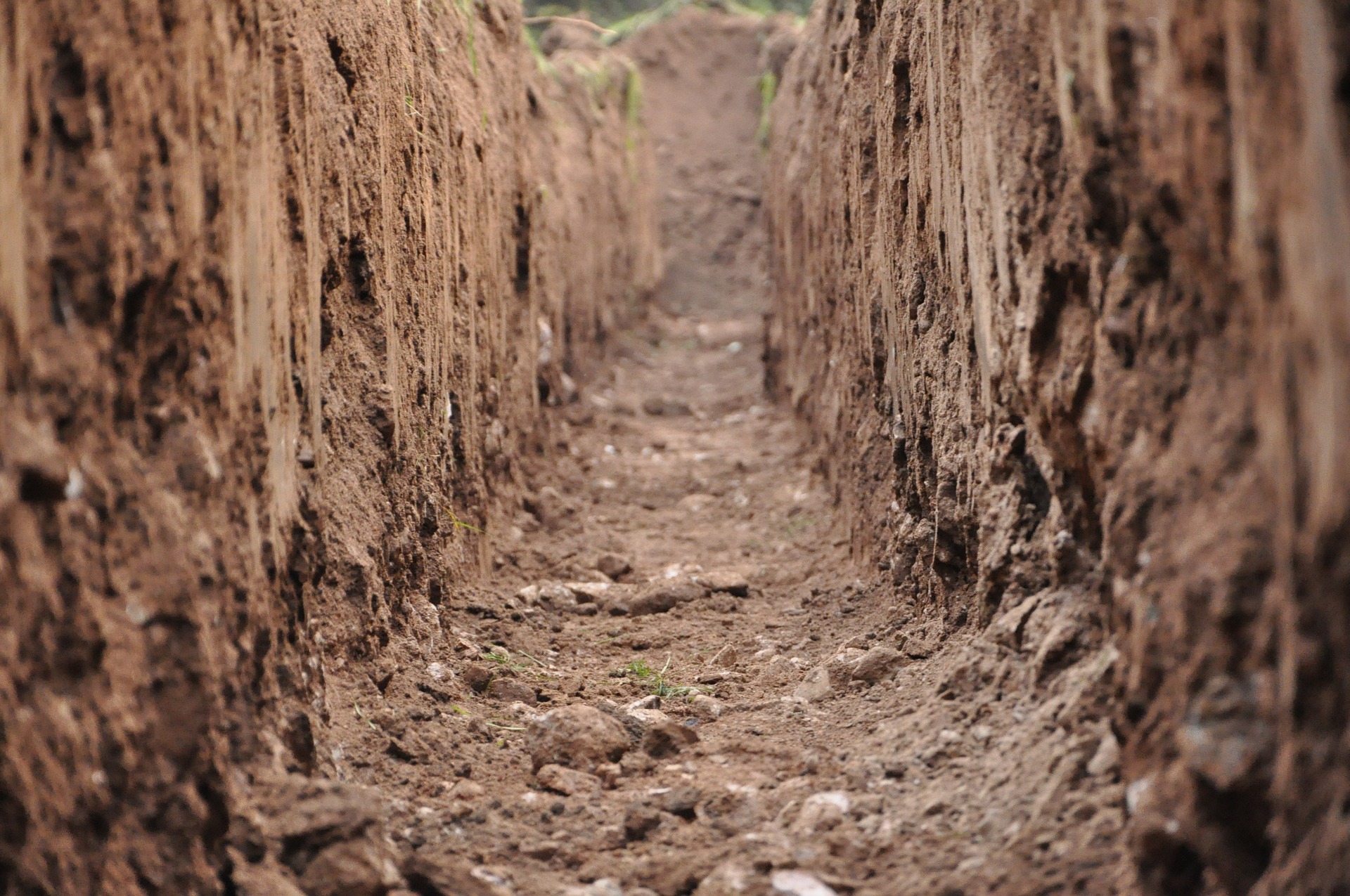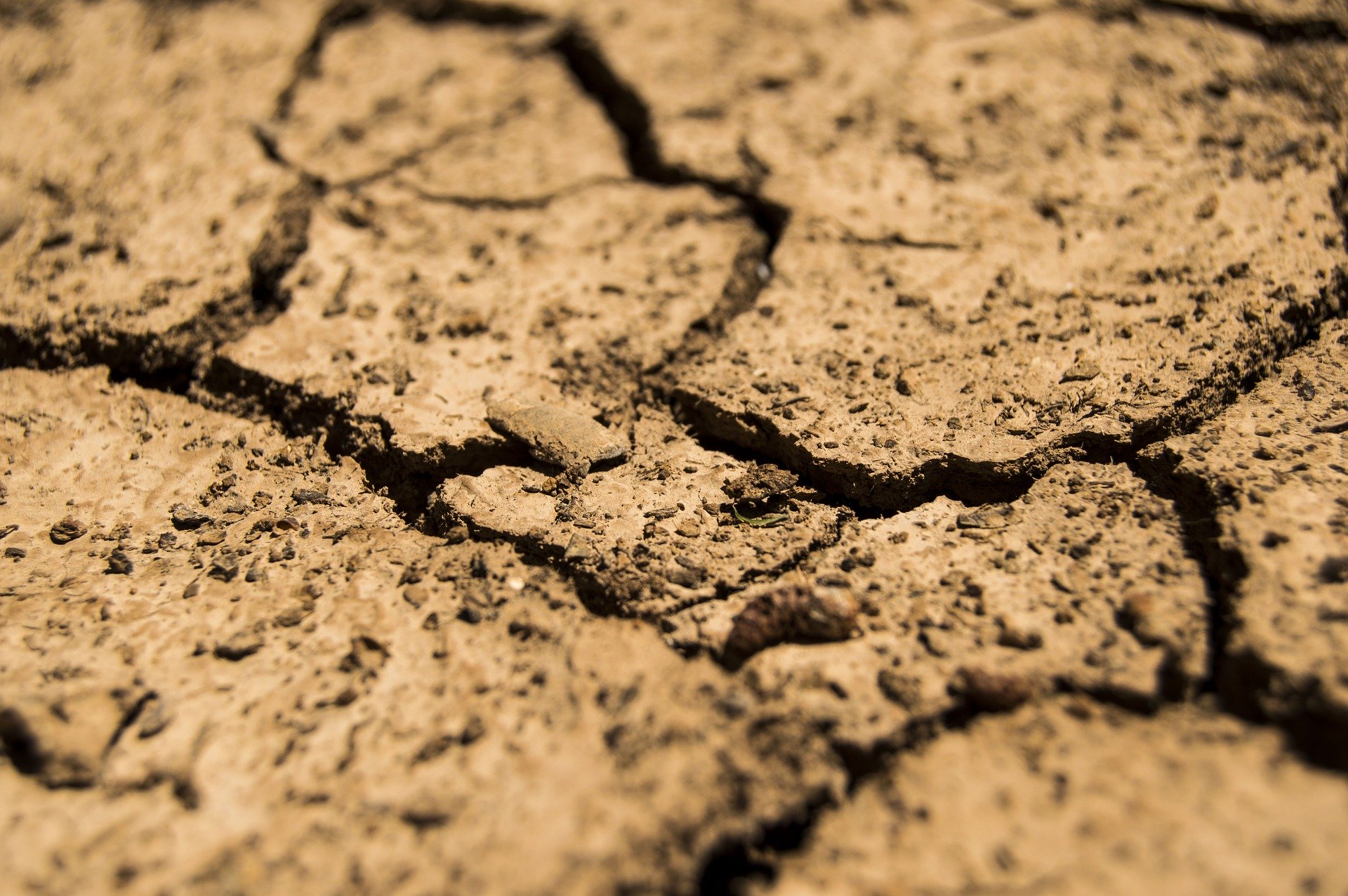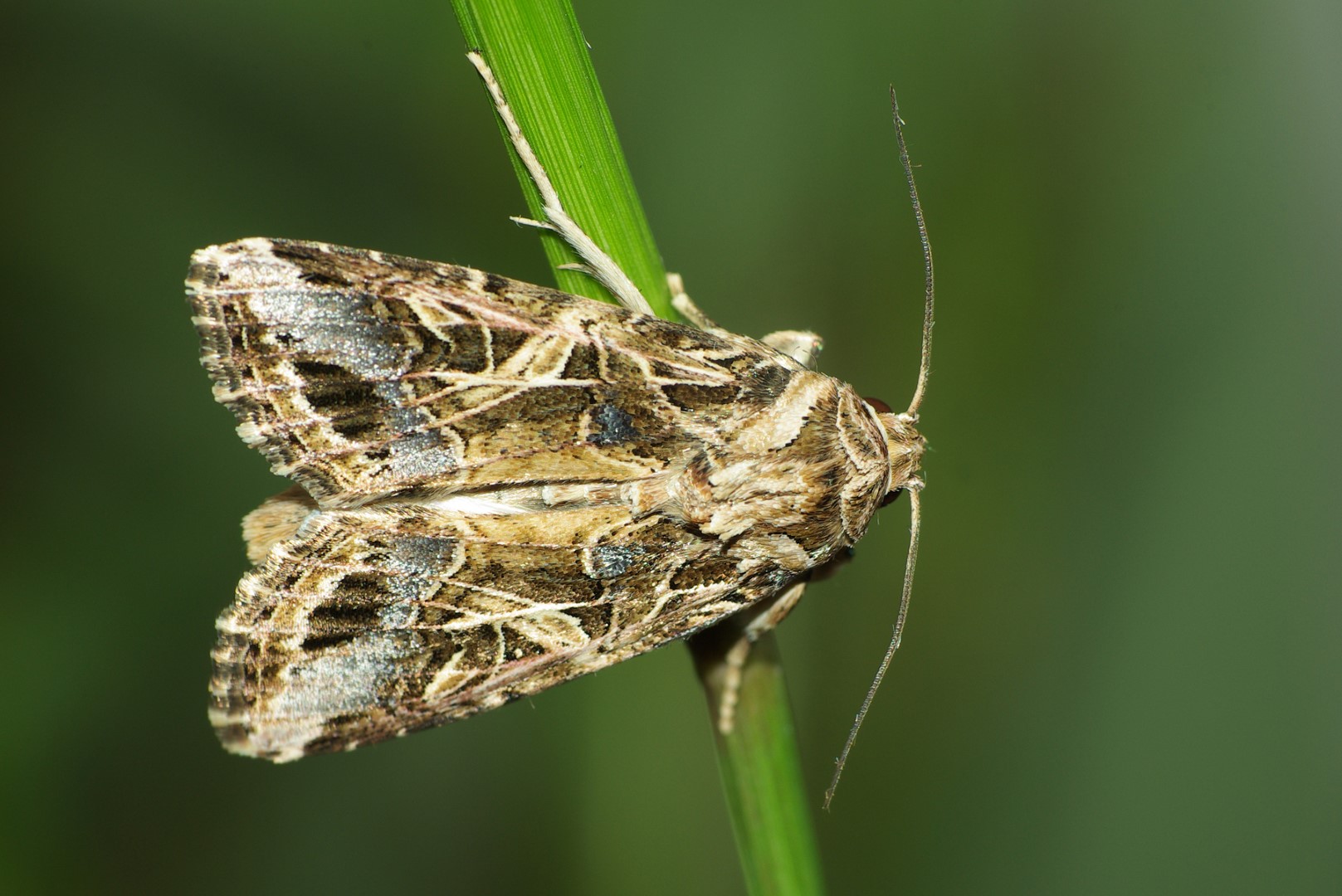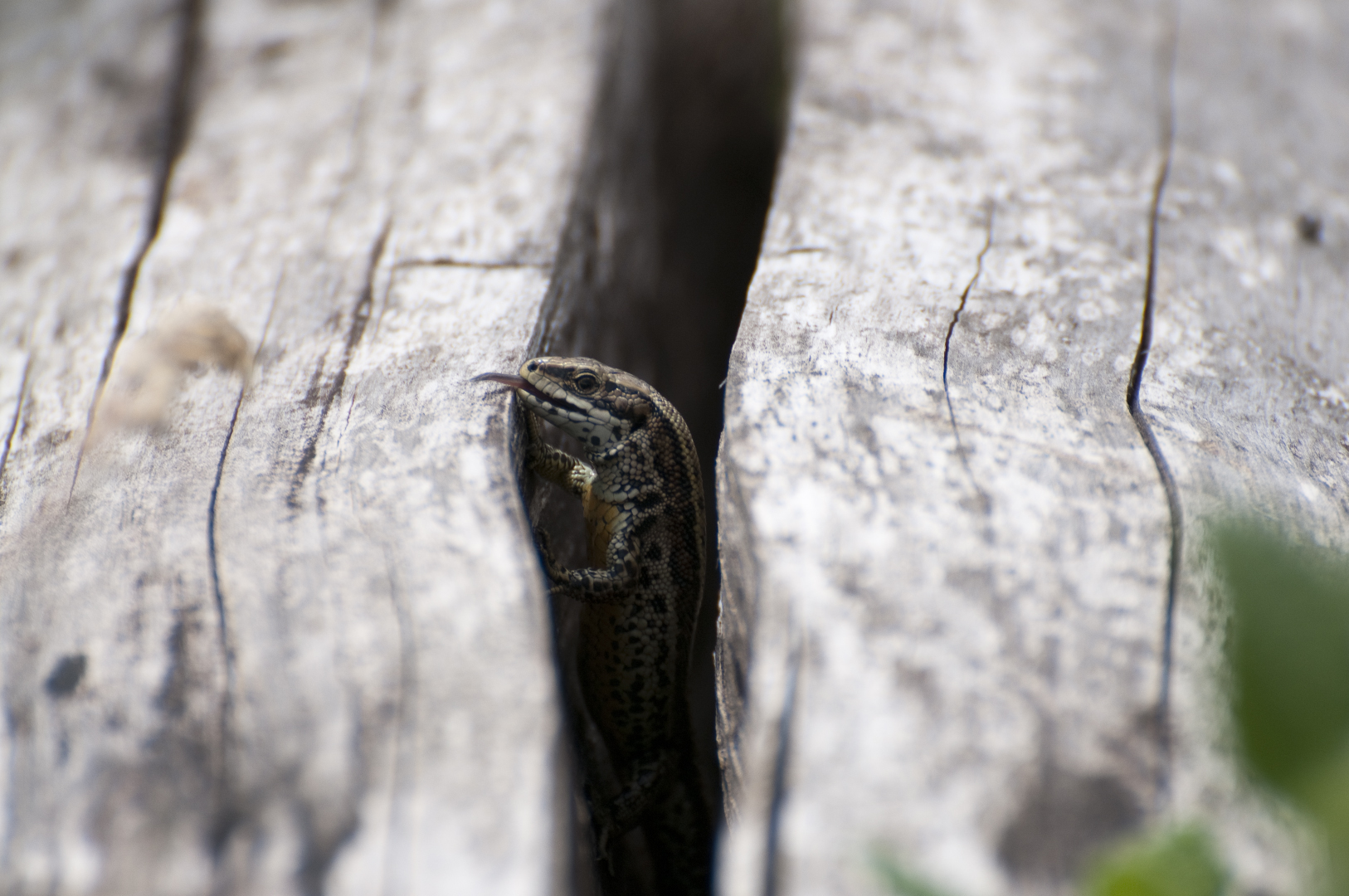Team news Team publications Team members The aim of the ESEAE team is to understand how social life influences the mechanisms of evolution and adaptation of social species, their biodiversity, and their interactions with other species. Environmental changes are a central theme. Our biological models are mainly termites and ants. We use an integrative approach […]
Lire la suite / Read more
Team news Team publications Team members Studies in evolutionary ecology aims to understand how biological traits are controlled by natural and sexual selection. These studies examine how environmental selection pressures influence one hand the production and survival of young and secondly the dynamics of populations and ecosystems. These studies often ignore the physiological mechanisms involved in […]
Lire la suite / Read more
Team news Team publications Team members Pas de traduction pour cette page. Nous cherchons à comprendre et analyser expérimentalement ou par des observations, puis à représenter par des modèles couplés, les grands cycles de la matière (nutriments minéraux, carbone) en prenant en compte à la fois des processus classiquement étudiés en écologie des écosystèmes (ex : […]
Lire la suite / Read more
Team news Team publications Team members In the context of current large pressures exerted by human populations on natural communities, ecological sciences often cannot provide adequate predictions or management decisions. One reason is the intrinsic complexity of ecosystems. The EERI team tries to handle a part of this complexity by focusing on the structure, functioning […]
Lire la suite / Read more
Team news Team publications Team members The CoMiC team studies microbial communities in continental terrestrial and aquatic ecosystems in an interdisciplinary framework that combines microbiology, comparative genomics, metagenomics, chemistry, ecology, health, environmental sciences and social sciences. More specifically, our research focuses on (i) the vulnerability of microbial communities to disturbances and pollutants induced by human […]
Lire la suite / Read more
Team news Team publications Team members The objectives of BIOgeography and Diversity of Interactions in Soil (BioDis) team is to analyse these interactions in their environmental context in order to better understand the functioning and evolution of soils. The strategy that we have adopted is to study biotic interactions, whilst accounting for the abiotic constraints that […]
Lire la suite / Read more
Department teams Department news Department publications Members of department The “Soils in the Critical Zone (Soils_CZ)” Department investigates the mechanisms that control ecosystem functioning and water – matter exchanges in the Critical zone, at soil to catchment scales. The skills of the Department cover various fields of study including soil and water sciences (pedology, agronomy, surface […]
Lire la suite / Read more
Department teams Department news Department publications Members of department Traduction google de la version Française. As primary producers, plants are essential to the functioning of ecosystems for which they provide many vital ecosystem services such as the production of organic carbon, dioxygen, while contributing to soil improvement … However, plants are sessile organisms that cannot […]
Lire la suite / Read more
Department teams Department news Department publications Members of department Animals use their chemical senses – olfaction and taste – to interpret their environment and to adapt to new ecological niches. Insects appear as ideal models to decipher the molecular and neurobiological bases of these chemical senses and to investigate their importance at the individual and […]
Lire la suite / Read more
Department teams Department news Department publications Members of department The three research teams of the Department of Evolutionary ecology study the ecological and evolutionary causes and consequences of individual phenotypic variability. Studies focus on behaviour, physiology, morphology, and life history traits. The teams undertake experimental and theoretical studies using a variety of animal models (birds, […]
Lire la suite / Read more
